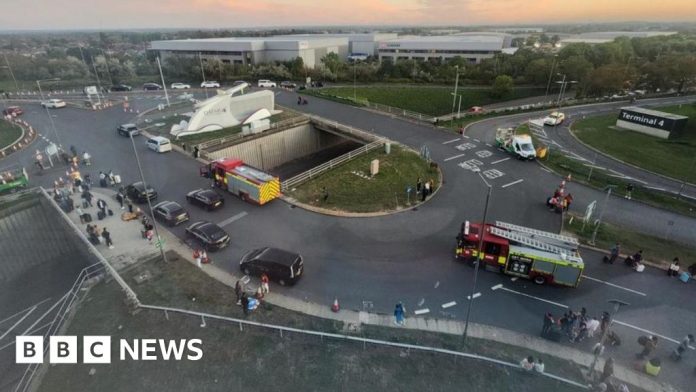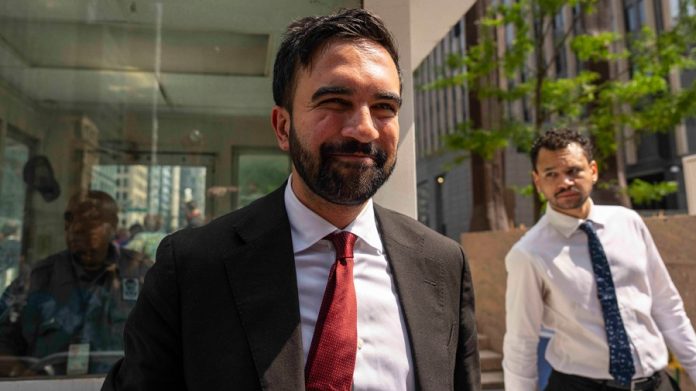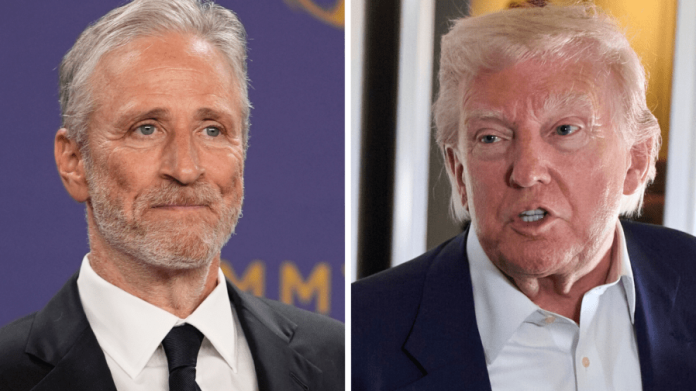Wall Street is about to package a joke into an exchange-traded fund — and charge 1.5% for the privilege.
The REX-Osprey DOGE ETF launches Thursday as the US’s first fund dedicated to Dogecoin, the memecoin created in 2013 as satire that now commands a staggering $57 billion market value.
Trading under the ticker DOJE, it marks a somewhat surreal milestone: institutional products for assets that proudly serve no purpose.
And funds are charging up to six times more than for most Bitcoin ETFs, suggesting investors are willing to pay a hefty premium for a self-described parody cryptocurrency.
“Pretty sure this is the first-ever US ETF to hold something that has no utility on purpose,” Eric Balchunas, Bloomberg Intelligence ETF analyst, wrote on X on Tuesday.
Back in December 2024, Balchunas forecasted a wave of cryptocurrency ETFs coming to the market. Balchunas had pointed to eventual approvals for six cryptocurrencies, one of which was Dogecoin.
Dogecoin is a memecoin conceived in 2013 and has since become a favourite of Tesla CEO Elon Musk. Like most memecoins, it has no intrinsic value apart from speculation.
But what’s particularly interesting about the Dogecoin ETF is the backdoor route it’s taking to get in front of investors.
DOJE is launching under the Investment Company Act of 1940.
Basically, the ‘40s Act serves as a regulatory loophole, circumventing some of the SEC’s approval requirements. This means the fund can start trading immediately but faces stiff marketing restrictions.
The 1933 Securities Act approval is harder to get, but allows for broader distribution. This is the route spot Bitcoin ETFs took.
According to Balchunas, there’s a “big group of ’33 Act-ers waiting for SEC approval still.”
Dogecoin is up 150% this year, trading at about $0.24 per token. The token’s total market value floats around $36 billion, landing it in ninth place overall in the crypto industry.
Getting a memecoin ETF into the market wouldn’t be possible without Bitcoin ETF’s stunning success story.
Last year, 11 US Bitcoin ETF issuers raked in $107 billion in their first year — the most successful ETF launch in history — with BlackRock’s IBIT alone taking in $76 billion.
That turned IBIT into BlackRock’s third-largest revenue-generator across the firm’s ETF offering that extends to nearly 1,200 funds.
Still, a memecoin ETF is uncharted territory. Unlike Bitcoin’s clear-cut value proposition — it’s supposedly digital gold — or Ethereum’s smart contract utility, Dogecoin exists purely as a cultural phenomenon. And a parody one, at that.














